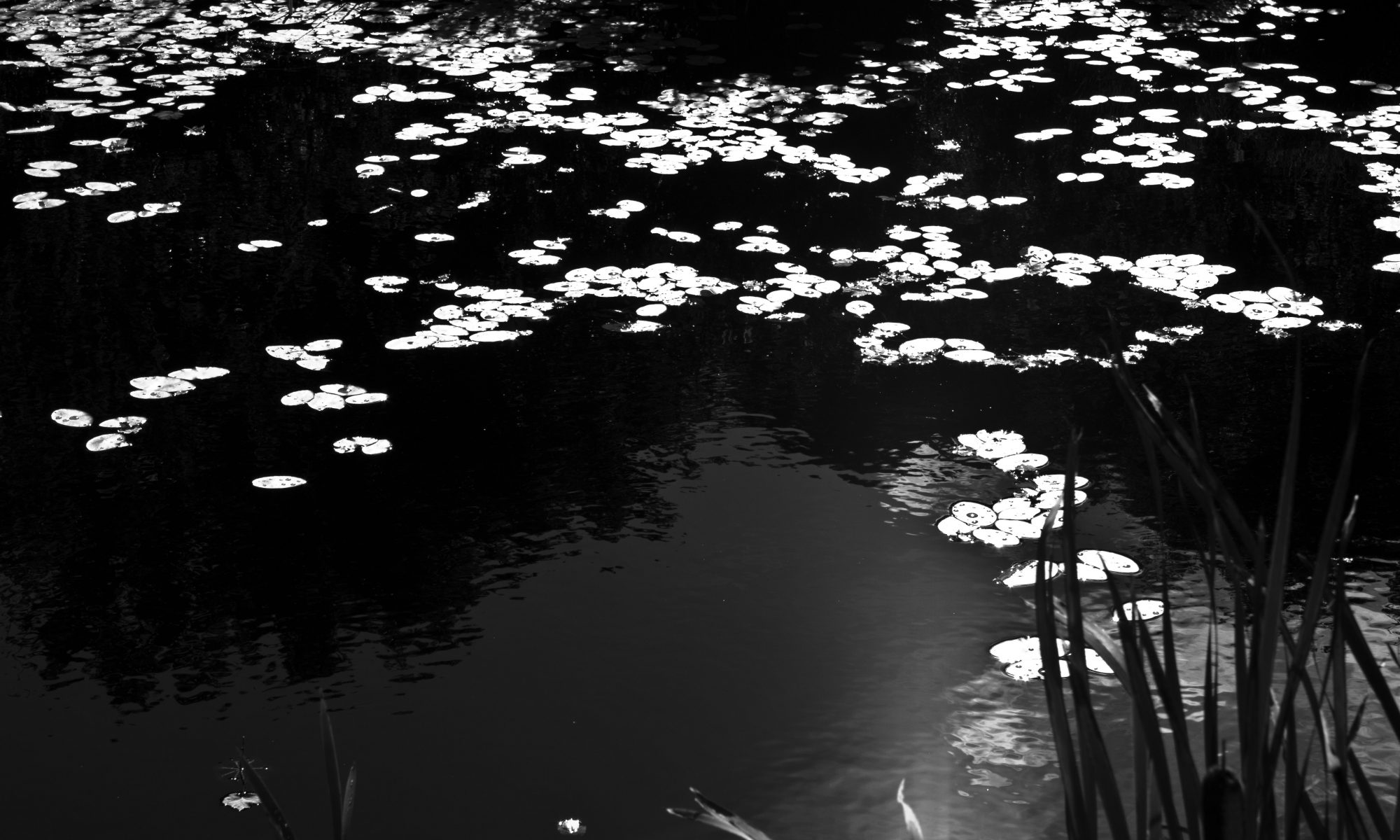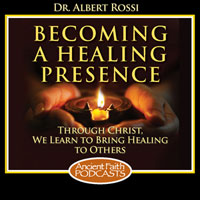I point out in my book How to Be a Sinner that “the public square” — as testified in social media and OpEd pages — is liable to surprise us with what we might find there, when it comes to the themes we’re talking about here. Over the past five years we can find an increasing number of articles, opinion pieces, and reflections on subjects like humility, shame, and awareness of sin/fault, and what’s even more remarkable is that these are getting good press. We are being invited to consider the benefits, to ourselves and to society, of recognizing our fallenness.
 The most recent example I’ve seen, in yesterday’s New York Times, is a stunner. In an essay called “What’s So Good about Original Sin” the philosophy professor Crispin Sartwell points out how, perhaps counter-intuitively, an awareness of our own sinfulness can produce a heightened compassion and a liberating humility.
The most recent example I’ve seen, in yesterday’s New York Times, is a stunner. In an essay called “What’s So Good about Original Sin” the philosophy professor Crispin Sartwell points out how, perhaps counter-intuitively, an awareness of our own sinfulness can produce a heightened compassion and a liberating humility.
My first thought is, I have to send this guy my book, because we’re thinking along some very similar lines. There are of course differences too. One of these is that “original sin” is a sticky wicket; there are different ways to conceive that concept, and some of them are wrong and even harmful. The idea that we are born guilty of sin, for example, or totally depraved, is quite incorrect and misleading—not that Sartwell subscribes to these. In fact, he is promoting a “secularized” concept of original sin. And there I would say, I’ll happily affirm whatever it takes to bring people to the next step, realizing our brokenness, our need for forgiveness and for forgiving each other, and perhaps down the line, realizing the mercy of the loving God. But one step at a time.
I’ll leave you with the closing lines from his essay, and urge you to read the whole thing.
The doctrine of original sin — in religious or secular versions — is an expression of humility, an expression of a resolution to face our own imperfections. In undertaking any such act there is risk. To allow the self-scrutiny required in this act to turn to self-loathing would be debilitating. But a secularized doctrine of original sin, a chastened self-regard, doesn’t entail consigning ourselves to the flames. There is much to affirm in our damaged selves and in our damaged lives, even a sort of dignity and beauty we share in our imperfect awareness of our own imperfection, and our halting attempts to face it, and ourselves.


